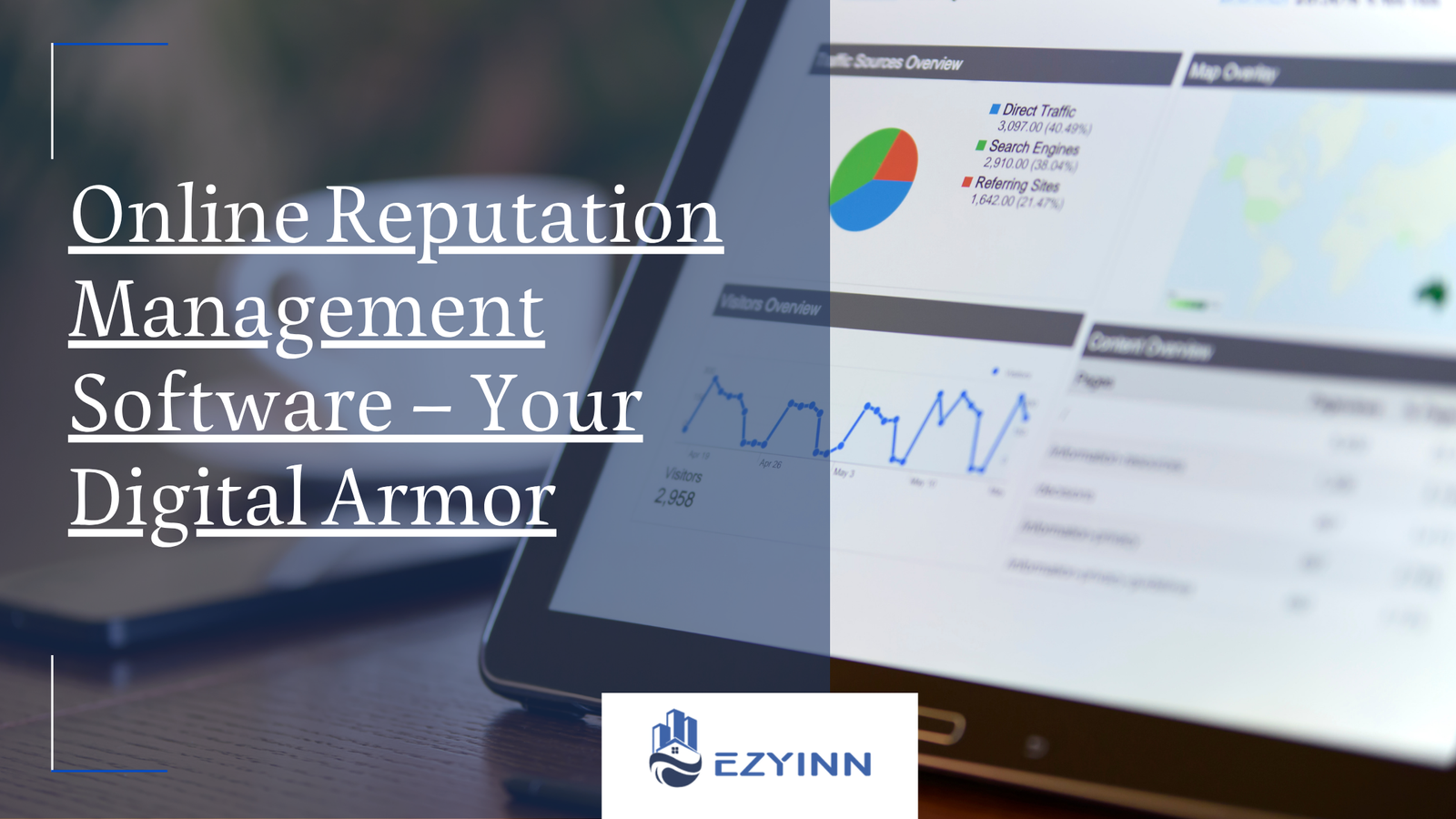In the digital first world of today, a hotel’s reputation is created online by guest reviews, social media interactions, and search engine results rather than just behind its doors. Before booking, travellers often base their impressions on websites including TripAdvisor, Google Reviews, and social media outlets. The reputation and occupancy rates of a hotel can be much affected by one unfavorable review or a poorly handled reaction. On the other hand, a professionally kept internet presence can draw fresh visitors, foster loyalty, and increase income. An online reputation manager is rather important in determining public opinion by means of proactive monitoring and management of digital feedback, strategic response to customer problems, and improvement of a hotel’s online visibility. This post will go over the main tactics to have a strong online presence and how an online reputation manager may either make or destroy the success of your hotel.
The Value of Online Reputation for the Hotel Sector
Guest experiences and trust define the hotel business. A hotel’s online reputation now directly reflects its service quality as more guests depend on peer recommendations instead of conventional advertising. According to industry statistics:
- Before deciding on a hotel, 81% of guests study the ratings.
- On sites like Yelp or TripAdvisor, a one-star improvement might result in a 5-9% income gain.
- Of the visitors, more than half would not choose a hotel without reviews or several poor ones.
This statistics emphasizes how important online reputation is for determining the performance of a hotel. A competent ORM guarantees that good guest experiences are magnified and addresses any negative comments in a way that reduces damage.
Key Responsibilities of an Online Reputation Manager
Although an online reputation manager performs several tasks, their major responsibility is to keep and improve the digital impression of a hotel. Their obligations consist in:
- ORMs monitor hotel mentions on blogs, social media, and review sites constantly. To instantly find what others have to say about the brand, they employ Google Alerts, ReviewTrackers, and Hootsuite.
- Responding to guest reviews is a skillful art. Professional online reputation manager guarantees that every review—positive or negative—is handled suitably. Showing appreciation for good comments and tactically addressing issues indicates that the hotel respects its visitors.
- A viral unfavorable review or a social media backlash can seriously damage the standing of a hotel. An online reputation manager creates crisis plans, answers concerns right away, and tries to fix problems before they get more serious.
- An online reputation manager refreshes social media profiles, maximizes the hotel’s website, and interacts with guests to increase web visibility. Their use of search engine optimization (SEO) techniques helps the hotel show higher on local searches.
- Reviews affect possible visitors, hence property management services uses techniques to inspire happy customers to write good reviews. More reviews can be brought about with automated follow-up emails, QR codes in hotel lobby areas, and incentives.
How an ORM Might Either Make or Break Your Hotel?
More Books and Income More trust and greater bookings follow from a well-managed reputation. Potential visitors are more inclined to select the hotel over rivals when they see constant good comments. More robust brand loyalty Dealing with former visitors and addressing issues helps to foster trust. Customers that feel heard are more inclined to come back and tell others about the hotel. Good reviews and active internet presence help to increase SEO results, thereby facilitating the search for the hotel by guests. Good reputation sets a hotel apart from rivals. Should two hotels provide comparable services, guests will choose the one with better reviews and internet interaction.
How Bad Hotel PMS Software Could Damage a Hotel?
Negative reviews without appropriate responses might drive possible guests away; empty rooms and income losses follow from this. Ignoring guest remarks or mishandling unfavorable comments can give the impression that the hotel doesn’t value its visitors. Many travel websites sort hotels depending on reviews. A low rating might drive a hotel down in search results, therefore lowering its profile. One nasty review that gains popularity can do long-term harm. Inappropriate answers or neglect of the problem could aggravate it.
Guidelines for Optimal Online Image Management
Take initiative instead of reacting. Rather than biding their time for bad reviews, hotels should aggressively solicit comments and fix problems before they become more serious. Answer all reviews professionally. Every review, whether it is positive or negative, merits a reaction. Considerate and professional responses improve the reputation of a hotel. On sites like Instagram and Facebook, regular updates, promotions, and direct interactions help keep people interested and loyal. Purchase hotel online reputation management services. More quickly tracking, analyzing, and enhancing online reputation is made possible by tools as ReviewPro and TrustYou. Invite delighted visitors to share their experiences. Hotels should let happy visitors give feedback via on-site QR codes or post-stay emails.
Conclusion
Online reputation rules the modern hotel scene. Stronger guest loyalty, more bookings, and more income can all follow from a well-run digital presence. Ignoring internet reputation management, on the other hand, may lead to lost confidence, lower occupancy, and maybe PR crises. Hiring an experienced Online Reputation Manager guarantees that a hotel keeps a great name, survives in a cutthroat industry, and keeps drawing in and keeping guests. Hotels can protect their success and create a brand clients love and trust by being proactive about their internet reputation. At Ezyinn Technologies, we provide the best hotel PMS systems to meet all your business needs. Get in touch with us today at +1 (408) 715-3635!









